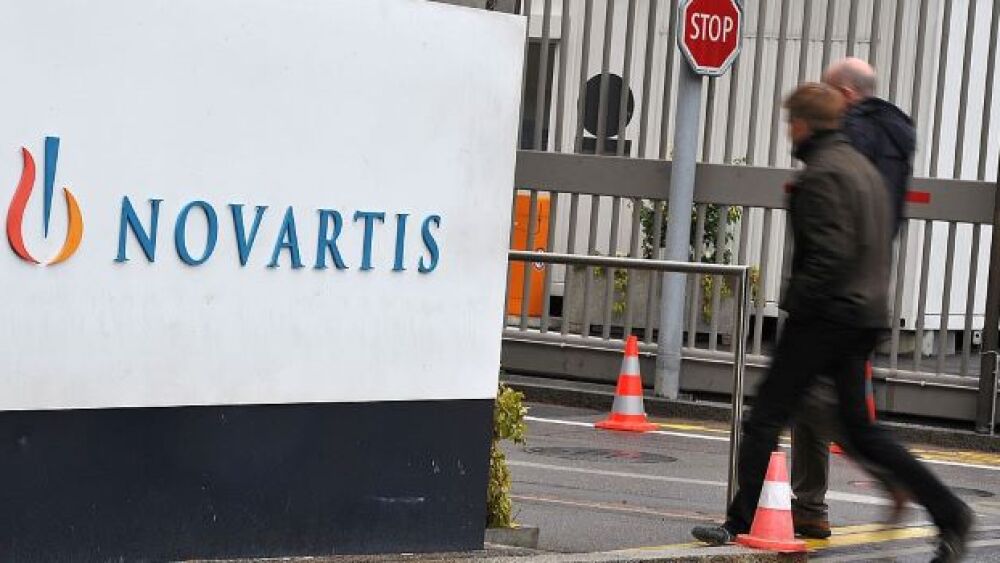Novartis announced Wednesday it is temporarily halting dosing in its ongoing Phase IIb VIBRANT-HD trial of branaplam in Huntington’s disease.
Harold Cunningham/Getty Images
Novartis announced Wednesday it is temporarily halting dosing in its ongoing Phase IIb VIBRANT-HD trial of branaplam in Huntington’s disease after the discovery of possible side effects.
After a planned data review by the independent Data Monitoring Committee, the DMC recommended suspension of dosing over early indications of side effects, including peripheral neuropathy.
In a letter to the Huntington’s disease community, Novartis outlined the implications.
“We will be gathering more data and information in the coming months to better understand these effects and decide on the next steps,” the company stated.
Novartis emphasized that the trial is moving forward with planned assessments.The study was designed with specific monitoring to detect early safety signals.
Peripheral neuropathy, or nerve pain, is caused by injury to the nerves outside the brain and spinal cord. Huntington’s disease is a progressive neurodegenerative disorder with no approved therapies. It is marked by uncontrolled movement of the arms, legs, head, face and upper body. It also leads to a drop in thinking and reasoning skills, impacting memory, concentration, judgment and planning and organization abilities.
Huntington’s is caused by a mutation on chromosome 4, which carries the huntingtin (HTT) gene, which codes for the huntingtin protein. Mutant HTT is the bad form of the huntingtin protein coded for by the HTT gene. While the function of the HTT gene is unknown, wild-type huntingtin is believed to be neuroprotective. There are theories that past therapeutic endeavors, such as Roche’s tominersen, failed because the drug also knocked down this wild-type form. Other Huntington’s researchers dispute this hypothesis.
In December 2021, the FDA granted branaplam Fast Track designation for Huntington’s disease. It also received Orphan Drug Designation in October 2020.
Novartis was originally developing the drug, a motor neuron-2 (SMN2) RNA splicing modulator, for spinal muscular atrophy (SMA), a disease that causes poor muscle development and can lead to death in very young children. While developing the drug, Novartis researchers found that branaplam lowered mutant huntingtin protein levels in mouse models and in blood samples from the SMA trial patients.
Rajeef Sivasankaran, Ph.D., director and head of rare diseases, neuroscience at Novartis Institutes for BioMedical Research, outlined the discovery in a previous interview with BioSpace.
“During our extensive investigation of branaplam in vitro, during the course of our work on spinal muscular atrophy, we realized that branaplam actually reduced huntingtin messenger RNA expression in cells,” he said in March.
Sivasankaran went on to say that branaplam “modulates splicing, which is the process by which a single messenger RNA can give rise to multiple protein isoforms by piecing together separate pieces of RNA called exons. In the case of the huntingtin gene, it modulates splicing so as to include an exon that marks the RNA to be degraded. This, in turn, leads to the lowering of the huntingtin gene as well as protein expression.”
The drug was studied extensively in infants with SMA during its earlier development, but this study is in adults. Novartis halted development of the drug for SMA.
Wednesday’s statement acknowledged that this is “difficult news for the entire HD community,” particularly those who are part of the ongoing VIBRANT-HD trial.





